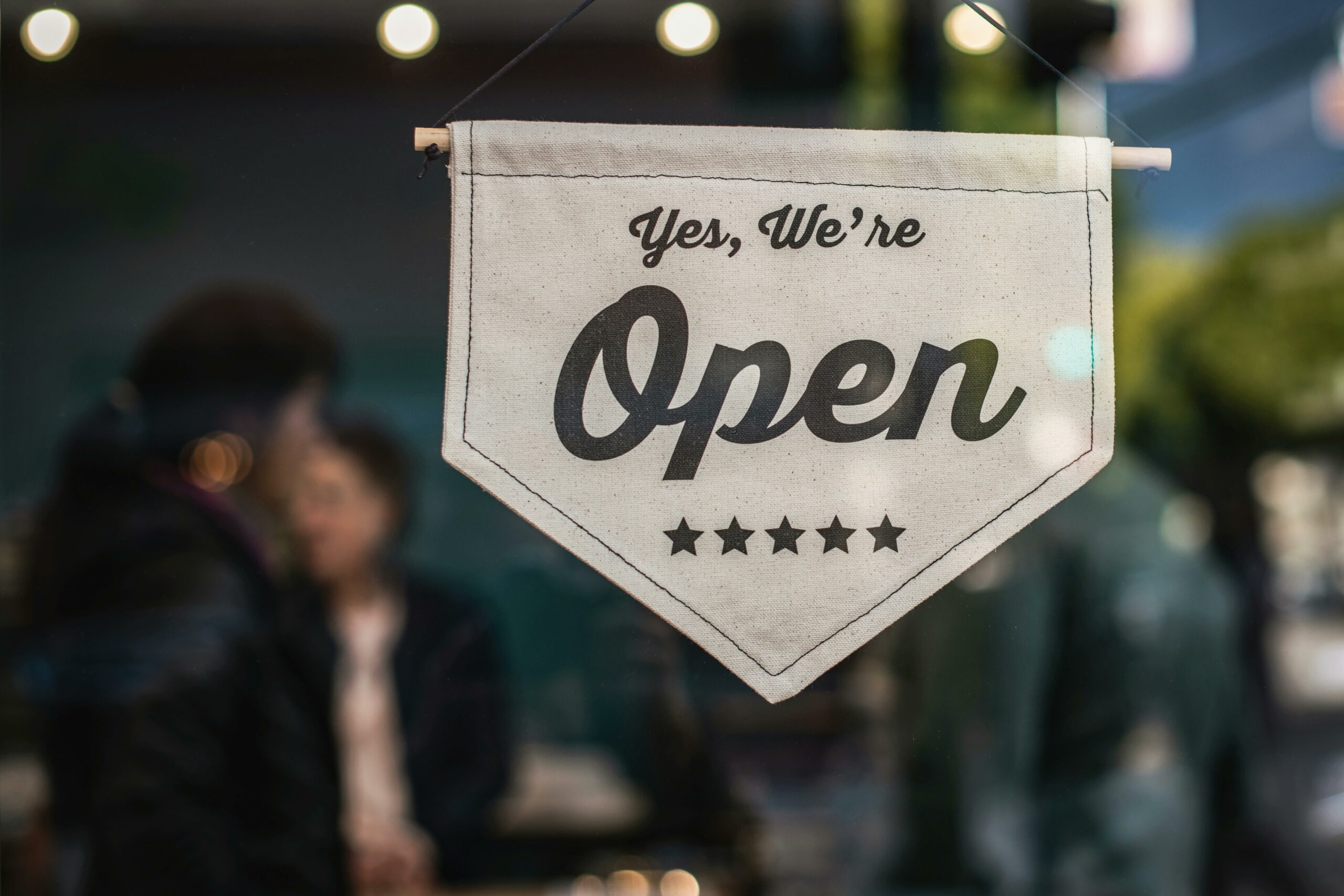On June 5, 2020, the Bureau of Labor Statistics announced that another 2.5 million people had filed for unemployment. At the same time, some people returned to work and the official unemployment rate stood at 13.3% for May. That amounts to 21 million people. The coronavirus caused such a dramatic increase in unemployment that the accuracy of the numbers is uncertain. Most economists think the real jobless rate is closer to 20%, or more. At the higher end, economists for Fortune Magazine estimate the unemployment rate at 23.9%. That affects more than 40 million people. Also significant is that 10.6 million people that would prefer working full time are only working part time.
Today’s unemployment far exceeds anything seen during the Great Recession. What’s worse is we’re approaching levels comparable to the Great Depression (25.6% peak) of the 1930s. Not even the best economists have a decent idea of how long the unemployment will remain at these staggeringly high levels.
We hope that you are healthy and not among the tens of millions that have not had their income interrupted during these economically difficult times. But if you are, now is probably the time to consider positive changes to your career trajectory. If you are filling out job application after job application and submitting one résumé after another, some of your time can be better spent exploring the possibility of becoming a self-employed entrepreneur. According to the New York Times, during the Great Recession, “An average of 320 Americans out of 100,000 formed a business each month.” Nabers Group can be part of the solution by helping with a Solo 401k to meet your changing retirement needs.
Is Entrepreneurship for You?
Becoming an entrepreneur might seem risky during a recession. After all, business startups have a high failure rate. What will probably surprise you is that there are plenty of statistics showing that startups during a recession have a success rate that is equal to startups during an economic expansion. If you’ve ever considered the self-employment path, now is a good time to start. Even better because you have plenty of time on your hands to put a solid business plan in place and make sure you get off on the best step possible.
Becoming an entrepreneur has a lot of upside for your career that goes well beyond just replacing a paycheck. Entrepreneurs take on every role in the business. It will make you a better leader and a better individual. Business ownership opens doors to new ventures, new businesses, new alliances, etc. It makes you more resilient and able to adapt to new situations. If you ever decide to go back to a corporate job, you’ll have new skills that you otherwise would never acquire.
Escape Unemployment with Small Business Ownership
There are a ton of resources out there to help entrepreneurs get started (many of them free):
- The Small Business Administration provides a wealth of information, links, and more resources to help you start and grow your business. This is also where you’ll find information about SBA guaranteed low-interest loans (free grants may be available).
- SCORE matches you with an experienced mentor to receive free counseling and advice, either in person or online.
- America’s Small Business Development Centers is another source for expert business advisors. There is likely an SBDC near you to help with all aspects of starting and growing your business – for free.
- Another good resource is the Women’s Business Centers.
- You’ll also find helpful resources at the state and local level.
Starting Your Business During a Recession
What you need to start your business can be broken into four broad categories: financial, human, educational, and physical resources. Fortunately, all of these are available to you and the websites above are great places to start. Here are some guidelines to keep in mind.
Financial resources are typically needed early in the startup process to register a business name, or create your website. Getting started really isn’t very daunting. As you get up and running, you’ll have other costs depending on your new business. You may need funding for this from yourself, friends, or a bank loan. SBA loans are the place to start if you need to borrow but don’t overlook the many grants available from private and public sources for entrepreneurs of all demographics and personal situations. It’s also worth considering a participant loan from your Solo 401k, where the interest and principle go right back into your retirement plan.
Human resources don’t need to be a major concern if you are starting small. Most startups only employ the owner during the early stages. If you are interested in taking advantage of a powerful Solo 401k retirement account, you want to keep in mind that a Solo 401k limits the number of employees you can have. Your alternative is contracting for services such as accounting, marketing, and other skills that you might need.
Educational resources include trade associations geared toward your industry, local chamber of commerce, as well as the Small Business Administration. A good place to start is by understanding the competition and gaining an in-depth knowledge of your industry.
More Resources for Your Small Business
Physical resources include office equipment and a telephone line. If you don’t require retail space, consider starting as a small home business. This usually requires some dedicated workspace away from distractions in your home. A spare bedroom, den, or garage space for a desk usually fits the need. Remember, some really big companies started in the owner’s garage. As a startup entrepreneur, it’s smart to realistically assess your needs before making any purchases.
Starting your own business can be time-consuming. The biggest upside to the current economic situation could well be having the time to start the business that you always wanted. No matter what else happens, anyone that becomes an entrepreneur is going to have a leg up on the competition going forward.
Starting your own business has more upside than risk. It will almost certainly gain you some cash flow during the recession and it will add a whole lot of new experiences to you résumé. It’s also an incredible way to build character. If you do eventually decide to return to a corporate job, you can always keep your business running on the side. A side business enables you to continue making contributions and growing the best retirement fund available to you – Solo 401k.
Have questions about growing your retirement account? The 401k experts at Nabers Group will help you get your retirement funds into your control, where they belong.






